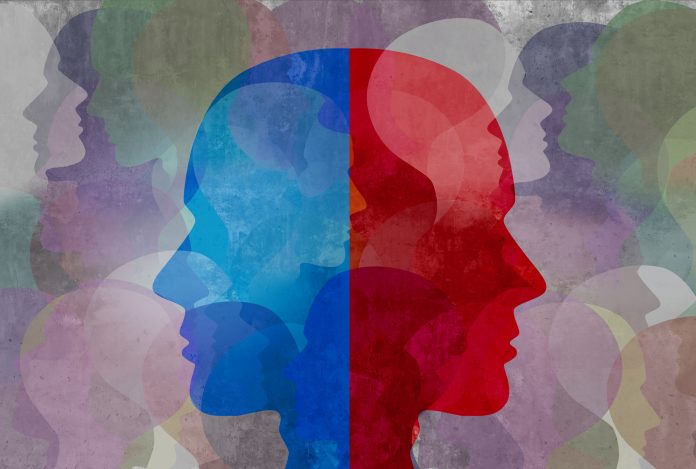
A multi-center study, led by researchers at the Icahn School of Medicine at Mount Sinai, has identified two previously unknown genes linked to schizophrenia as well as a third gene that carries heightened risk for both schizophrenia and autism. The findings, published Monday in Nature Genetics, further notes that the risk of schizophrenia from these rare variants is conserved across ethnicities.
The study, which is the first known work of its kind to investigate schizophrenia risk across diverse populations, particularly those of African ancestry, found the two genes, SRRM2 and AKAP11, by comparing the gene sequences of people with schizophrenia and healthy controls. The investigators noted that most other large-scale human genetic research of schizophrenia, including a landmark study published last year by Singh, et al. were largely composed of people of European ancestry.
“To address this gap, we designed a custom sequencing panel of 161 genes selected based on the current knowledge of (schizophrenia) genetics and sequenced a new cohort of 11,580 SCZ cases and 10,555 controls of diverse ancestries,” the researchers wrote.
“By focusing on a subset of genes, we discovered rare damaging variants that could potentially lead to new medicines for schizophrenia,” noted lead author Dongjing Liu, Phd, a former postdoc in the lab of Alexander W. Charney, MD, PhD.
Liu noted that the design of the study that included people of varying ancestries yielded important new information. “We found that rare damaging variants in evolutionarily constrained genes confer a similar magnitude of schizophrenia risk among those different populations and that genetic factors previously established in predominantly white people have now been extended to non-whites for this debilitating disease,” he said.
The third gene in the study, PCLO, has been identified before as implicated in schizophrenia but the Mount Sinai team has now identified as also conferring risk for autism and could potentially present a new avenue for inquiry in terms of how researchers think about disease of the brain as a whole, Carney noted.
“It’s been known that there are genetic components shared among illnesses. Clinically, genes could look different in the same family. The same variant in the same family may cause autism in one family member and schizophrenia in another. The idea of the same gene having different manifestations is very interesting to us, as it could be useful when it comes to treating people in the clinic,” said Carney who is a co-senior corresponding author of the study and associate professor of Psychiatry, Genetics and Genomic Sciences, Neuroscience, and Neurosurgery, at Icahn Mount Sinai.
Schizophrenia occurs in roughly one out of every 100 people and is among the most serious mental illnesses. People with the disease can often seem as if they have lost touch with reality, making the development of treatments a high priority. While this recent study can help identify potential clinical pathways, the investigators are clear that the causes of schizophrenia are multifactorial and that not all patients with the illness has a rare damaging variant among the identified schizophrenia genes.
Next steps for the team include assessing whether the newly identified genes may have clinical implications and can be ties to specific symptoms, as well as which drugs might be effective in targeting these new damaging variants.













